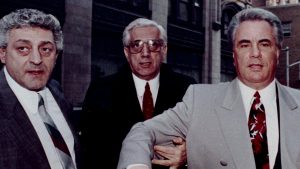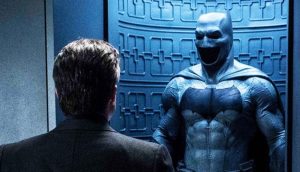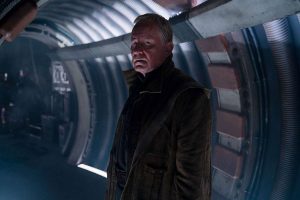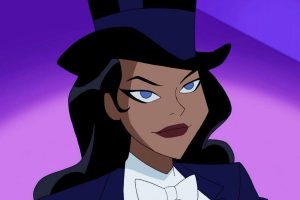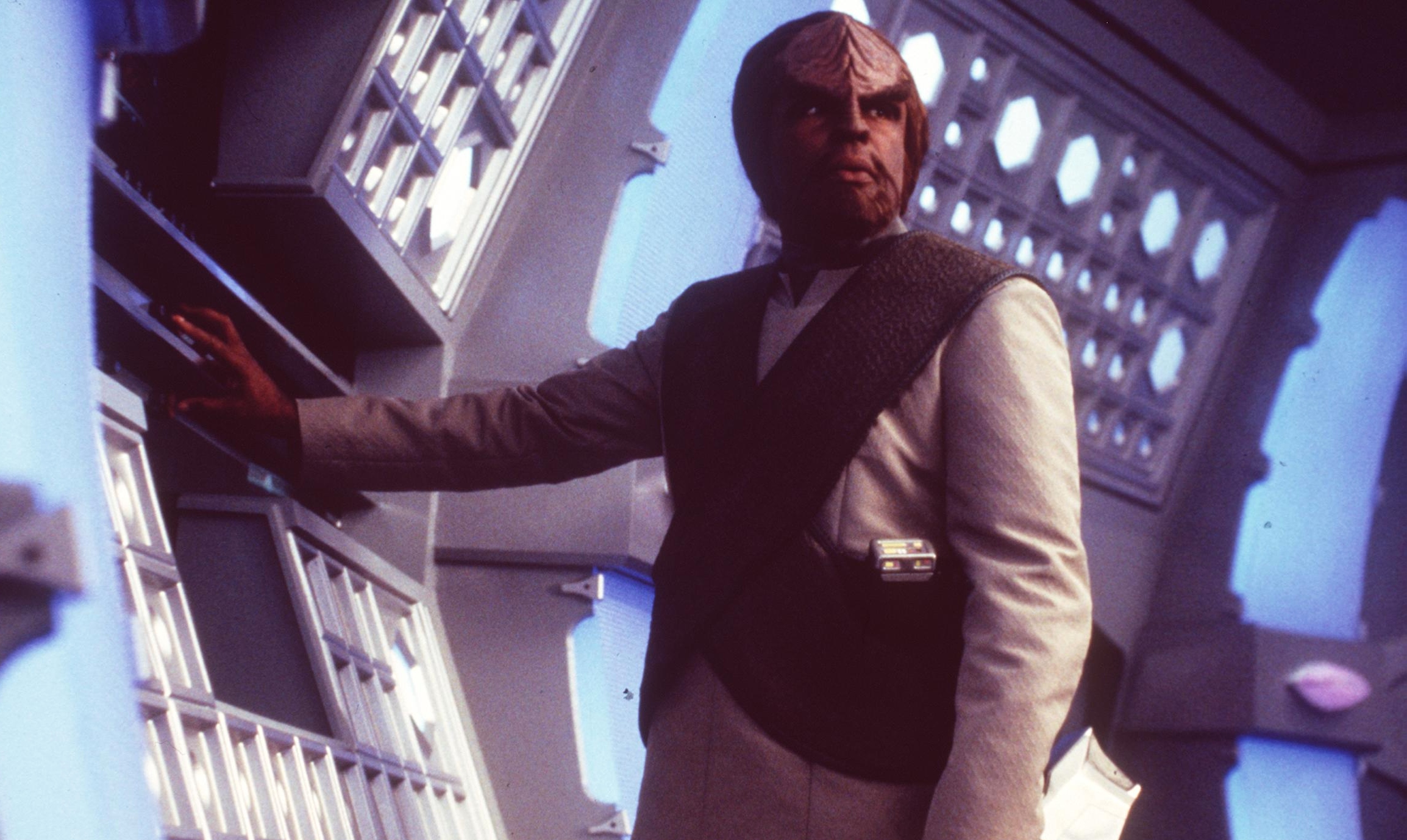
The Dominion War might be the most consequential event in Star Trek history. When the all-powerful Dominion entered the Alpha Quadrant from the Gamma Quadrant via a wormhole near Federation Starbase Deep Space Nine, old enemies had to put aside their differences to band together against a common threat. As Federation planet after planet fell under the Dominion’s control, Starfleet entered into alliances with the Klingon Empire and the Romulan Star Empire, even engaging in tactics that violated Starfleet principles.
The Dominion War took up most of the sixth and seventh seasons of Star Trek: Deep Space Nine, and changed the balance of power in the Alpha Quadrant, even driving Cardassians, the major enemy race introduced in the latter seasons of The Next Generation, to fight against their one-time allies the Dominion.
But this raises a question. If the Dominion is so important, then why doesn’t any other Trek movie or TV series of that era ever really spend time addressing it?
Although the Dominion War is mentioned in an episode of Voyager, with Janeway and her crew learning about the battle once they finally establish a connection with the Alpha Quadrant, it never plays a big part in the Next Generation movies that released during DS9‘s run, save for a passing reference to peace talks in 1998’s Insurrection. More striking is the fact that no one in the latter two Next Generation movies, which released after the tragic events of “Tears of the Prophets,” even mentions the death of Worf’s wife, Jadzia Dax, at the hands of Gul Dukat at the end of Deep Space Nine season 6.
But according to the unpublished making-of book Fade In: From Idea to Final Draft by screenwriter Michael Piller, which chronicles the production of the ill-fated third TNG movie Insurrection, he had intended the Dominion War and its effects on Worf to get more attention in the film.
“When actress Terry Farrell, who played Worfʼs wife on Deep Space Nine, decided to leave the show at the end of the sixth season, a change in the dialogue between Picard and Worf at their first meeting had to be made,” Piller writes in the book. “Our first thought was to have Worf still in mourning when he arrives [on the Enterprise].”
These were the proposed lines in one of the drafts of the scripts:
PICARD: I’ve thought so much about you since we heard the terrible news about your wife.
WORF: I received your condolences sir. Thank you. She was a remarkable woman. She died an honorable death.
Unfortunately, the Jadzia Dax reference was not meant to be. Piller explained, “Rick ultimately decided that it would be confusing to audience members who were not regular viewers of Deep Space Nine so we ignored the death of Worfʼs wife.”
The “Rick” in question here is Rick Berman, the producer who took over from Gene Roddenberry as the ultimate voice for all things Trek in the ’90s. Berman has a checkered legacy, for sure, as his mistreatment of female cast members is well-documented. And while Piller dedicates Fade In to Berman, calling him “A writer’s producer,” his comments show just how disjointed Berman made the Star Trek universe, including the lack of connection between Insurrection and the Dominion War.
“It would be nice, I felt, to be consistent with the TV show,” Piller writes about how he saw Insurrection‘s relationship to DS9. “Picard and the Enterprise might be involved in combat when we find him.” The screenwriter went as far as to reach out to DS9 showrunner Ira Steven Behr to inquire about the state of the Federation at the point when Insurrection would hit theaters. But Behr had planned to have the tide turned for the Federation by that point in the series, with a stalemate leading to a more hopeful tone for the DS9‘s final season. This meant that Insurrection couldn’t pick up with the Enterprise-E in battle.
“I told myself it was probably just as well,” Piller says. “Rick was not enthusiastic about the Dominion War plotline on Deep Space Nine and I knew heʼd be reluctant to bring it to the big screen even as a tangential element.”
While some might see some wisdom in Berman’s decision, others interpreted the DS9 reference cut from Insurrection as the producer blackballing Jadzia’s actor Terry Farrell. In the book Fifty-Year Mission: The Next 25 Years, From The Next Generation to J.J. Abrams by Edward Gross and Mark A. Altman, Farrell explained, “The problems with my leaving [DS9] were with Rick Berman.” She called Berman “very misogynistic” and cited examples of him commenting “on your bra size not being voluptuous.”
Whatever the true reason behind Berman’s decisions, the effect is the same. Insurrection felt disconnected from the larger Star Trek universe, and Worf’s longstanding friends — who were absent from Worf’s marriage to Jadzia, for reasons that are still unclear — seemed cold to their friend.
However, those hungry for a more coherent universe can check out the non-canon Star Trek novels. Behind Enemy Lines and Tunnel Through the Stars, both by John Vornholt, follow the Enterprise-E on a mission to stop the Dominion from creating a new wormhole. (Also, Riker makes out with a cyborg lady.) The anthology series Tales of the Dominion War, edited by Keith R.A. DeCandido, also helps fill out the gaps left by the movies and shows.
These non-canonical works will satisfy most hardcore Trekkies, but others cannot help but feel that Berman’s decisions made the Star Trek universe a little less wonderful, something that not even the Dominion could accomplish.
The post The Rejected Star Trek Next Generation Movie Idea That Would Have Tied Back to DS9 appeared first on Den of Geek.

